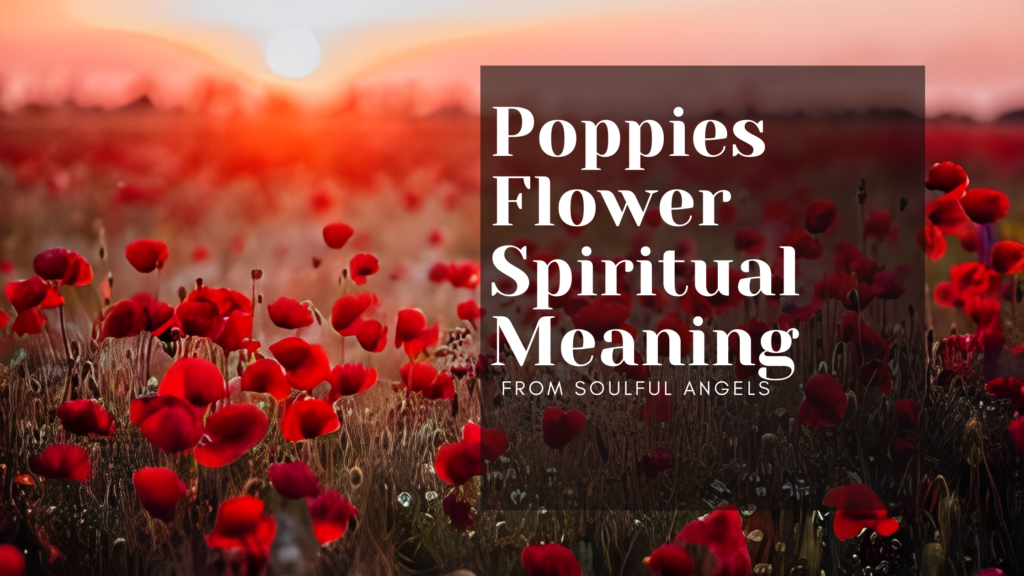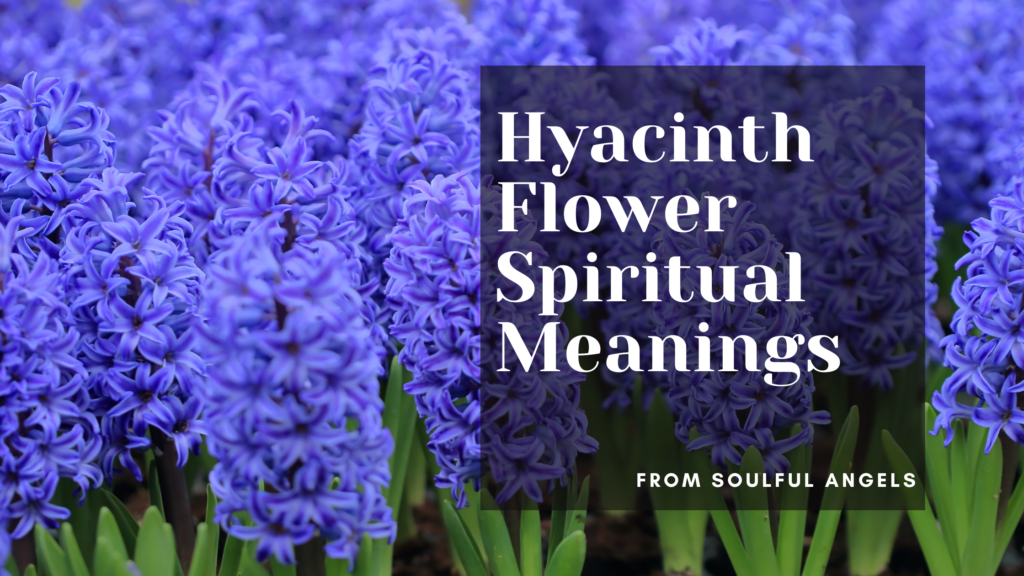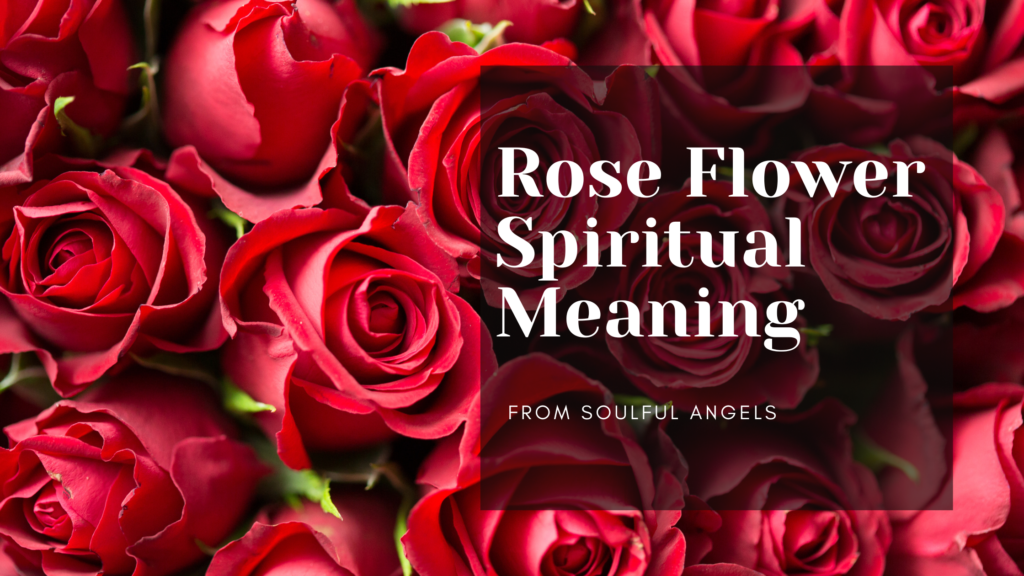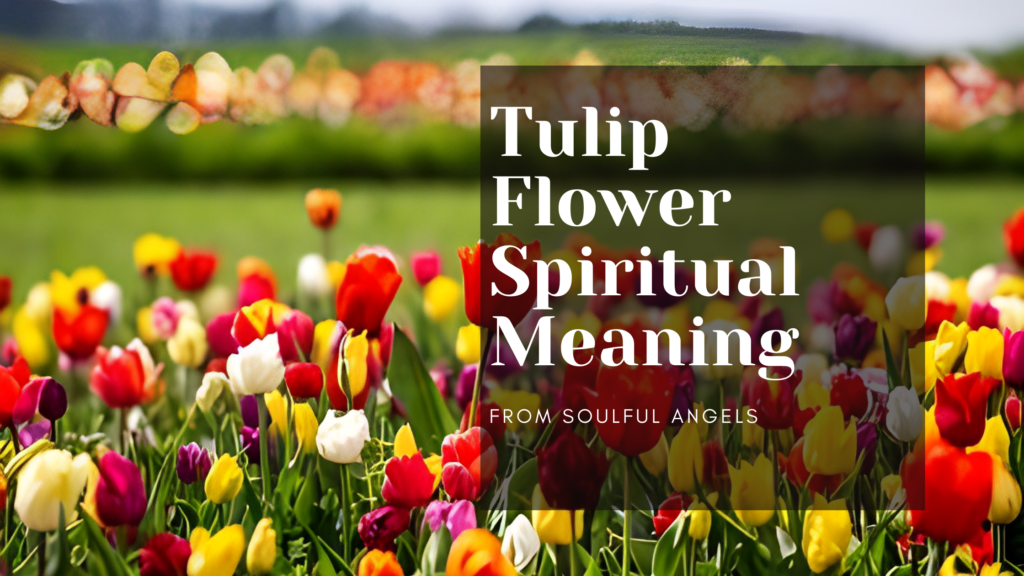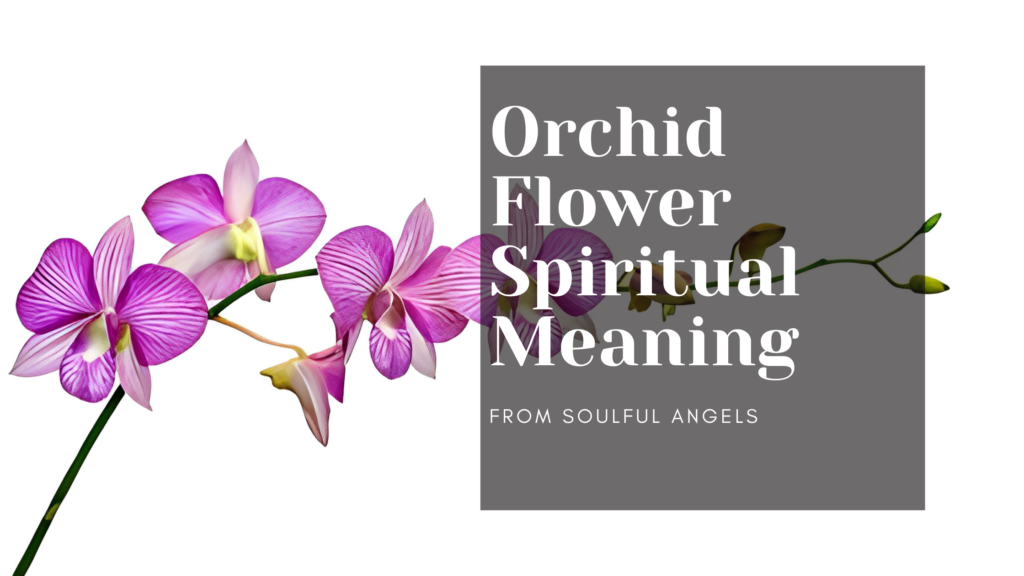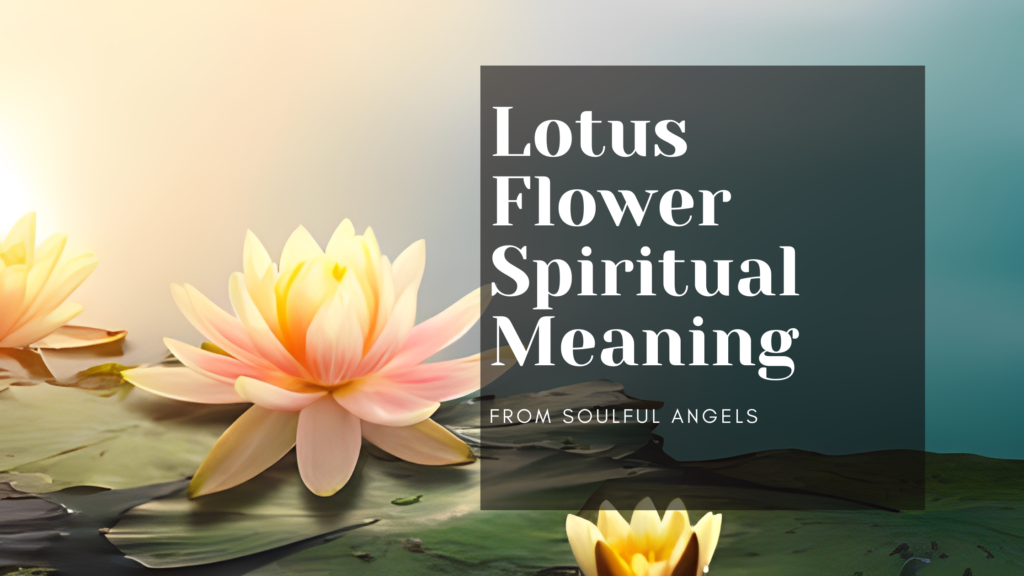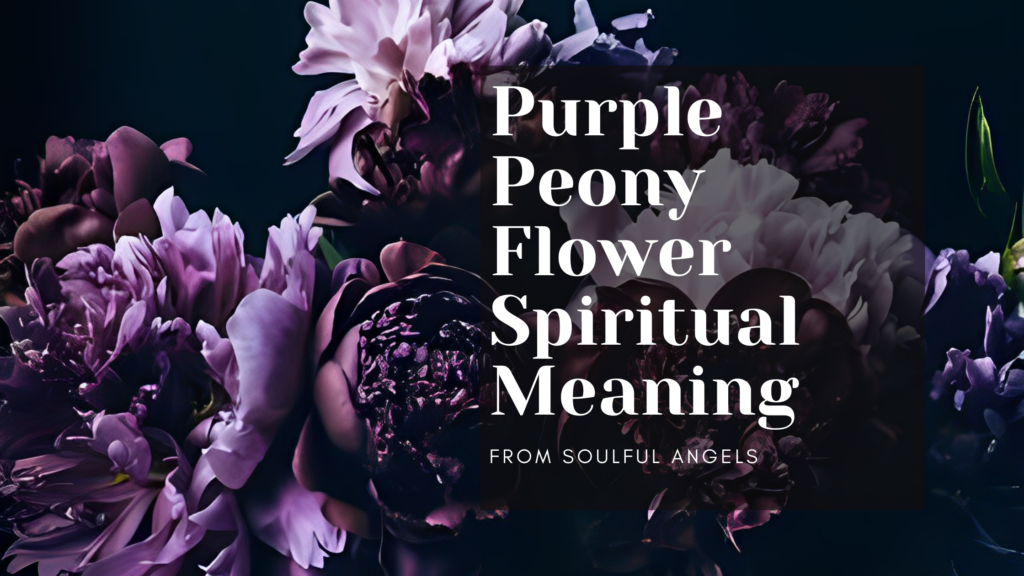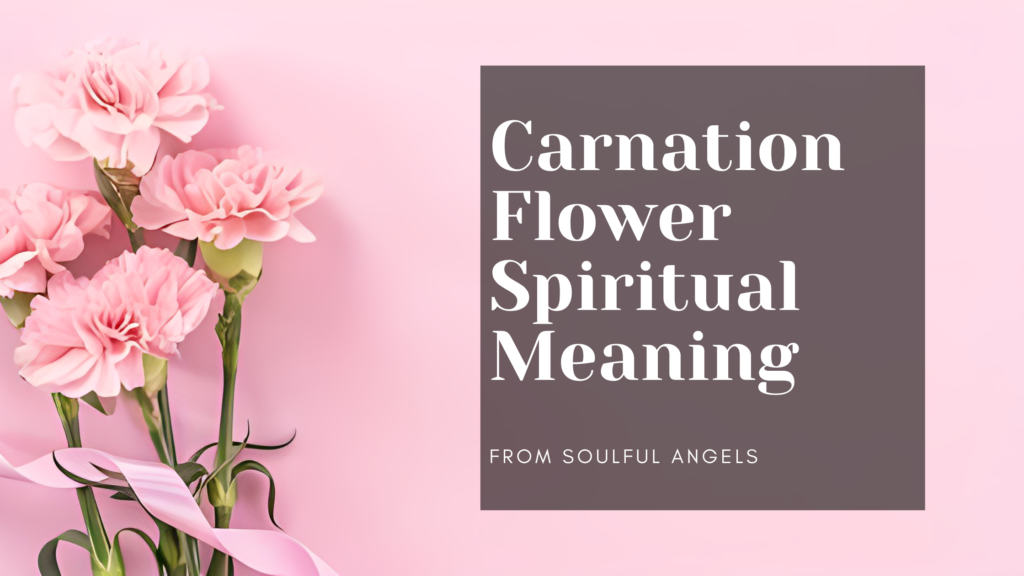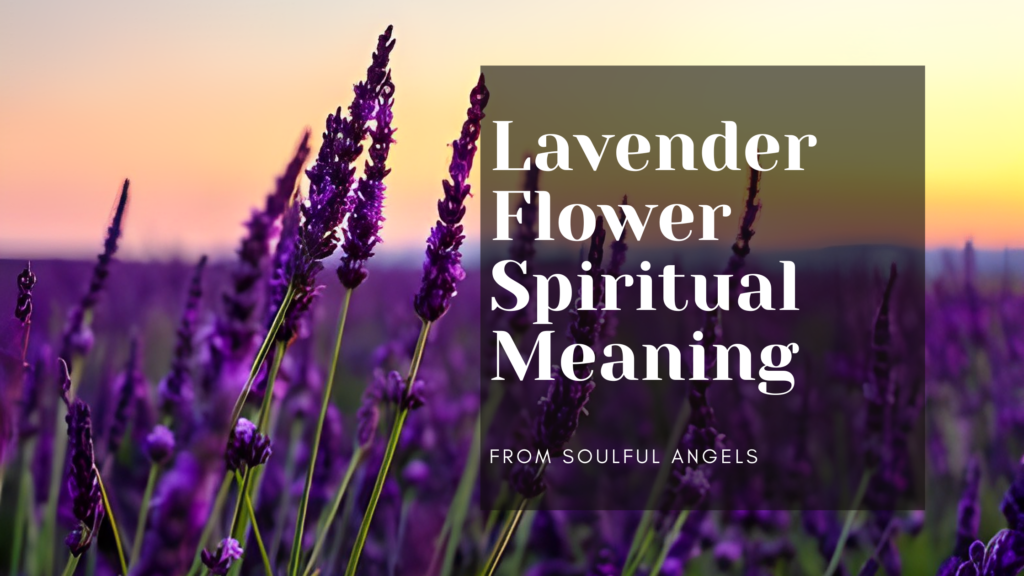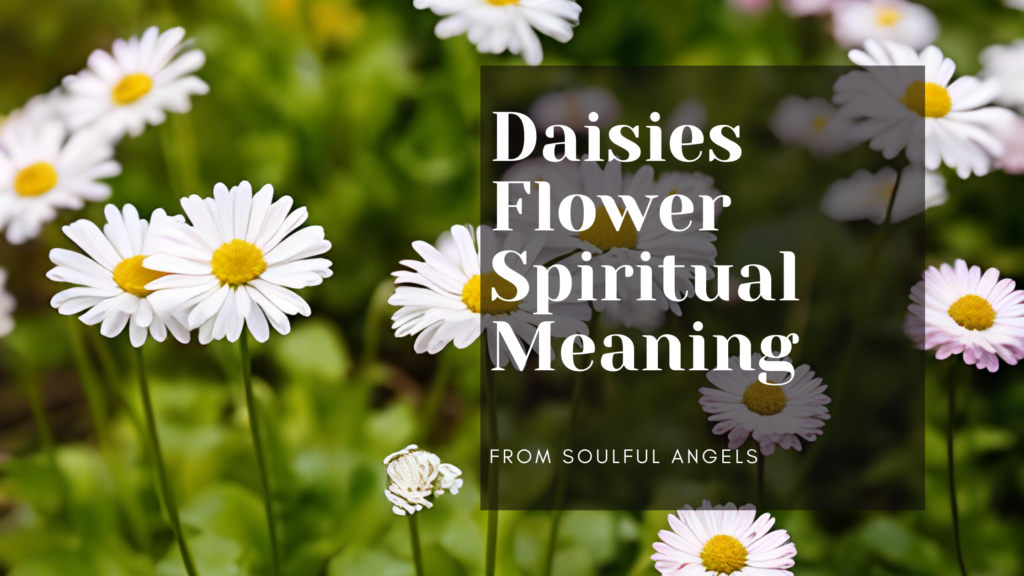Introduction
Poppies, often regarded as resilient wildflowers and even considered as weeds, have transcended their humble existence to become powerful symbols with rich and diverse meanings. They are associated with sleep, dreams, imagination, sacrifice, remembrance, regeneration, and even luxury. These captivating flowers, which come in various colors, have woven themselves into the tapestry of human history, touching on spirituality, mythology, and cultural beliefs.
The Poppy’s Resilience and Symbolism
Resilience in the Wild
Poppies, despite their status as weeds, are remarkable in their resilience. They can be found flourishing in wild fields across the world. This natural hardiness has contributed to their symbolism of rebirth and renewal. Poppies endure, even in the face of adversity, which is why they are often associated with life’s persistence in harsh conditions.
The Poppy in Greek Mythology
In Greek mythology, poppies hold significance. They were revered as sacred symbols representing different goddesses and characters, such as Demeter, Hypnos, Nix, and Thanatos. This ancient connection lends depth to their symbolic meanings. Furthermore, these associations with sleep and dreams link poppies to the realm of imagination.
Poppies and Memorial Day
Poppies’ ability to thrive in the wild is intrinsically tied to their symbolism in remembrance of soldiers who perished in war, particularly on Memorial Day. During World War I, which raged from 1914 to 1918, many battles unfolded in fields and wilderness areas across Europe. Despite the chaos and loss of life, poppies continued to bloom in these fields, a testament to their resilience.
Lieutenant Colonel John McCrae, having witnessed the poppies in the aftermath of the Second Battle of Ypres in 1915, composed the iconic poem “In Flanders Field.” The poem vividly describes poppies growing among makeshift graves, emphasizing the importance of remembering the fallen. “In Flanders Field” endures as one of the most celebrated wartime poems, exemplifying the enduring connection between poppies and remembrance.
After World War I, poppies became a poignant symbol for honoring fallen soldiers. In 1924, the demand for real poppies grew so high that artificial poppies were introduced. These artificial poppies are now a common sight during Memorial Day ceremonies and memorials.
The Kaleidoscope of Poppy Colors
Red Poppies: Love, Sacrifice, and Remembrance
Red poppies symbolize love, remembrance, and sacrifice. They are often placed on the graves of fallen soldiers as a mark of honor. In Christianity, the red poppy signifies Christ’s blood shed on the cross. In Asian cultures, red poppies represent success, good fortune, and romantic love.
Pink Poppies: Compassion and Platonic Love
Pink poppies convey compassion and platonic love. They offer solace and kindness, making them suitable for commemorating loved ones or friends.
Orange Poppies: Health and Regeneration
Orange poppies symbolize health and resilience. Their vibrant color suggests vitality and recovery.
Yellow Poppies: Optimism and Positive Memories
Yellow poppies exude optimism and encourage focusing on the bright side of life. They are a reminder of positive memories associated with those who have passed away.
White Poppies: Purity and Faith
White poppies represent purity and virtue. They are often connected to faith, innocence, and the eternal soul. In some cultures, white poppies are associated with the journey to heaven.
Blue Poppies: Imagination and Spiritual Messages
Blue poppies are rare and carry a unique symbolism. They signify imagination and can be seen as carriers of spiritual messages, particularly related to creative endeavors that rely on imagination.
Purple Poppies: Peace, Creativity, and Respect
Purple poppies symbolize peace, creativity, and respect. They are ideal for honoring and paying tribute to someone you deeply care for and respect.
Black Poppies: Elegance and Mysterious Dreams
Black poppies, often appearing as a deep reddish-brown, symbolize elegance and allude to deep, enigmatic dreams. Their dark allure captures the imagination.
The Spiritual Significance of Poppies
Poppies possess profound spiritual meanings beyond their diverse colors. They symbolize the eternal life of the soul, transcending the physical body’s limitations. Death, in this context, is viewed as a transition rather than an end. The poppy teaches us that the soul is everlasting and evolves as it journeys beyond the human form.
Associated Spirit Animals
Poppies share symbiotic relationships with various animals and insects. Bees, for instance, find nourishment in poppies as they pollinate the flowers. Birds, such as sparrows and cockatoos, consume poppy seeds, inadvertently spreading them for further growth. The poppy is associated with spirit animals like the snake, deer, caribou, and even the snow leopard, all of which symbolize regeneration and renewal.
Poppies in Cultural Mythology and Folklore
Poppy Meaning in Greek Mythology
Greek and Roman mythologies are steeped in references to poppies. Morpheus, the Greek god of dreams and sleep, is closely linked to poppies. Morpheus’s father, Hypnos, also finds his place among the poppy’s symbolism, given his ability to induce slumber. The goddess Demeter, associated with agriculture and the harvest, is said to have used poppies for sleep while her daughter, Persephone, traveled between the underworld and the world of the living.
Poppy Symbolism in Ancient Egypt
In ancient Egypt, poppies were connected to Osiris, the god of death and agriculture. This suggests an understanding of the poppy’s role in crop rotation. Poppy artifacts were found buried with mummies, emphasizing their association with eternal life.
Poppy Symbolism in Christianity
In Christianity, the poppy signifies the blood of Christ and the sacrifice of His death on Earth. It also represents Christ’s resurrection and ascension to Heaven, embodying themes of immortality. Know more about spirituality on soulful angels.
Remembrance After World War I
The tradition of wearing poppies and laying them on the graves of fallen soldiers began after World War I. John McCrae’s poem “In Flanders Field” played a pivotal role in this tradition. Poppies became a symbol of remembrance and honor for those who made the ultimate sacrifice in wars. This practice endures in many countries, including the UK, Canada, the US, Australia, and New Zealand.
Poppy Symbolism in Asia
In Asian cultures, poppies symbolize honor for the departed. They are not only associated with remembrance but also represent romantic love and passion.
Conclusion
Poppies, with their incredible resilience and multifaceted symbolism, have left an indelible mark on human culture and history. From their representation of life’s tenacity in the face of adversity to their role as symbols of remembrance and spirituality, poppies continue to inspire and captivate. The diverse array of colors and their respective meanings only further deepens the profound connection between these vibrant flowers and the human experience. Poppies teach us that beauty can be found even in the most unlikely places, and that even in the face of adversity, life endures, making them a symbol of hope and regeneration
Also Read:
- Aquamarine Stone Spiritual Meaning
- Lapis Lazuli Stone Spiritual Meaning
- Jade Crystal Stone Spiritual Meaning
- Sunstone Crystal Spiritual Meaning
- Tigers Eye Stone Spiritual Meaning
- Obsidian Stone Spiritual Meaning
- Pyrite Stone Spiritual Meaning
- Bloodstone Spiritual Meaning
- Moss Agate Spiritual Meaning
- Amethyst Crystals Spiritual Meaning
- Koala Symbolism and Spiritual Meaning
- Rose Flower Spiritual Meaning
- Angel Number 222 Meaning
- Angel Number 444 Meaning
- Elephant Symbolism and Spiritual Meaning
- Angel Number 344 Meaning
- Angel Number 737 Meaning
- Angel Number 333 Meaning
- Dreaming About Time Loop
- Angel Number 919 Meaning
- Malachite Stone Spiritual Meaning
- Dreaming About Swimming
- Hyacinth Flowers Spiritual Meaning
- Horse Symbolism and Spiritual Meaning
- Ocean Jasper Stone Spiritual Meaning
- Dreaming About Being a Teacher
- Angel Number 365 Meaning
- Angel Number 777 Meaning
- Blue Colors Spiritual Meaning
Explore these Topics to discover the spiritual meanings behind each of these topics.

